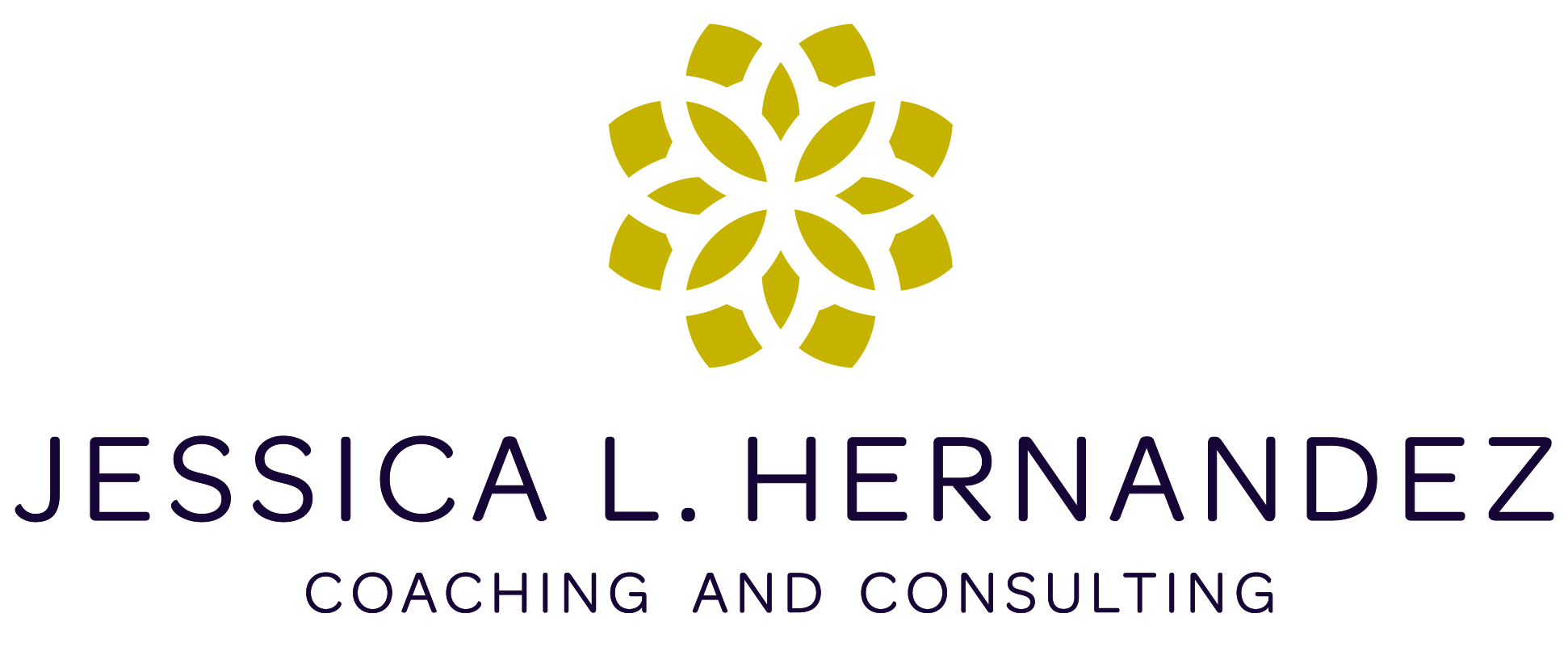Using Coaching Techniques for Effective Performance Feedback
January 27, 2022
By: Jessica Hernandez and Jessica Natkin
Attorney Evaluations. They are the bane of existence for partners, associates, and professional development professionals alike. They can take up a lot of attorney and staff time, and are often still not very useful in meeting their primary purpose: to help attorneys develop. Perhaps this is because it is common for attorney evaluations to be expressed in a format that highlights if a partner believes an associate is “above/at/below the level” expected for an attorney in their class year, followed by a written explanation of any deficiencies.
For example, an associate (let’s call him Jacob) may receive a review with the following language about his legal writing skills:
Legal Writing:
__ Above the Level Expected
__ At the Level Expected
X Below the Level Expected
COMMENTS: While Jacob demonstrates clear knowledge of concepts and his writing is generally concise and on-point, his work product is often formatted poorly and contains easily avoidable errors and typos. Jacob is encouraged to pay more attention to polishing his work product and avoiding such mistakes.
When Jacob receives this type of feedback, he will likely walk away understanding there is a deficiency. However, Jacob may not really understand how to address the problem. Furthermore, this type of admonishment and a lack of understanding about how to overcome it may heighten his stress level when working on assignments, which may exacerbate the problem.
In order to advance an attorney’s development, partners, mentors, and members of the talent team can call upon coaching skills. Rather than leaving Jacob to sink or swim after his review, what if Jacob received coaching after receiving this feedback? After all, if Jacob is successful, he increases his chances of a successful future at the firm, and the firm retains talent.
Taking a coaching approach would mean that the partner, mentor, or talent professional would work to gain an understanding of Jacob’s approach to the work. Essentially, this is a fact-finding mission that they work on together. Coaching questions to pose to Jacob in this situation might include:
What is your reaction to this feedback?
What do you see as your obstacles to addressing this problem?
How do you typically approach this type of assignment?
What feels easy to you?
What feels challenging to you?
What have you tried? What has worked, and what hasn’t worked?
In this way, a coaching approach turns the paradigm on its head. Rather than merely communicating to an associate that there is a problem, a coaching mindset calls for curiosity about why the associate is underperforming. This type of inquiry usually results in a deeper understanding by both parties of the steps Jacob can take to improve the work by teasing out his assumptions, approaches, habits, and fears.
